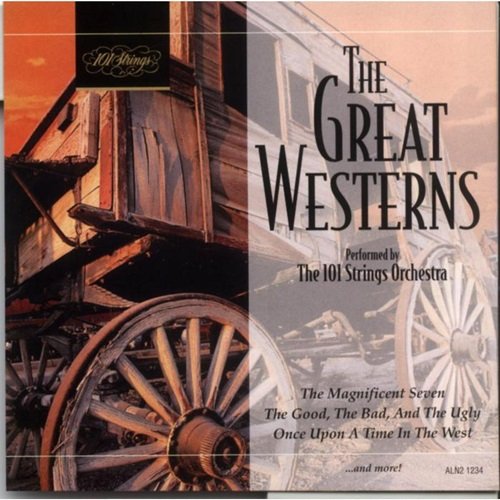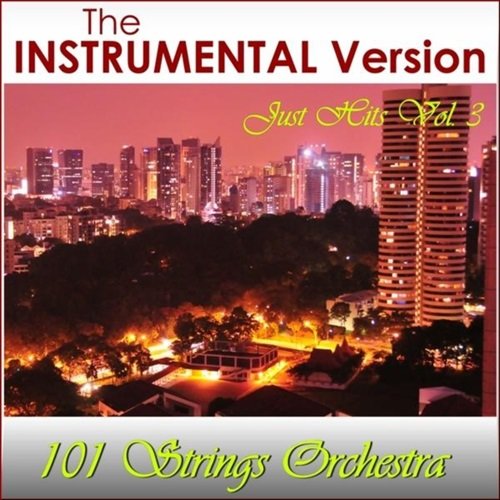Thomas Søndergård - Poul Ruders: Kafka's Trial (2006)
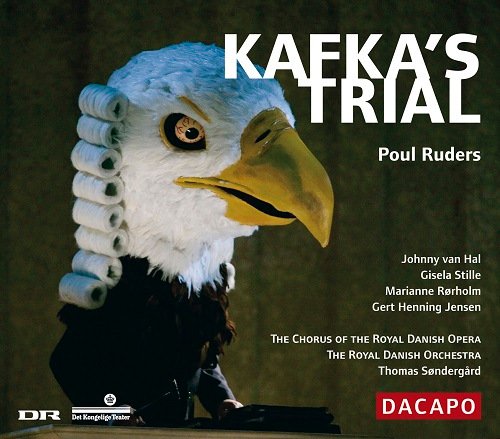
Artist: Thomas Søndergård
Title: Poul Ruders: Kafka's Trial
Year Of Release: 2006
Label: Dacapo
Genre: Classical
Quality: FLAC (image + .cue, log, artwork)
Total Time: 2:05:17
Total Size: 469 MB
WebSite: Album Preview
Tracklist:Title: Poul Ruders: Kafka's Trial
Year Of Release: 2006
Label: Dacapo
Genre: Classical
Quality: FLAC (image + .cue, log, artwork)
Total Time: 2:05:17
Total Size: 469 MB
WebSite: Album Preview
CD 1
01. Prelude
02 - 12. Scene 1 - Scene 6 (Part One)
CD 2
01 - 15. Scene 6 (Part Two) - Scene 13
The enigmatic, nightmarish The Trial is, after Metamorphosis, probably Franz Kafka's most celebrated tale. Left in fragmentary form at his death, it has fascinated playwrights (such as Steven Berkoff), film-makers (among them Georg Pabst and Orson Welles) and opera composers (Gottfried von Einem and Gunther Schuller not least) for decades for both its state of incompletion – it has a beginning, an end but only part of the middle – and its surreal, uncomfortable storyline.
Is it moral fable, black satire, utter nonsense? Poul Ruders's opera to Paul Bentley's intelligent libretto, premiered in March 2005, is at least the seventh such treatment but where theirs differs from previous versions is in the attempt to link directly the creation of the story to events in Kafka's life. As Bentley explains in the booklet, the young Czech writer may have been inspired to write TheTrial not through any political motive but rather because he had himself been subject to a 'tribunal' of sorts in Berlin, in which his fiancée – Felice Bauer – tired of his puppyish but equivocal devotions and an act of infidelity put him on trial in the lobby of his Berlin hotel. Alongside her in this kangaroo court was her friend, Greta Bloch, with whom he had been unfaithful but whom Felice had sent on purpose to meet him. From his letters, extracts of which form the basis of the long opening Prelude (featuring a troupe of mimedancers who act as postmen and comment silently on the action) and the series of 'counter-scenes' that run like a skein through the setting of the novel, it is clear Kafka was in love with both women. Was he set up? Whether or not, the episode clearly had a profound effect on him and has been the subject of much scholarly debate and at least one previous stage play, by Jan Hartman. The two jailers aside, each character has a double life (not an unusual theatrical device, for sure, but rarely carried through in so thoroughgoing a fashion as here): Kafka alternates with his antihero, the tetchy, vacillating, powerless Joseph K – energetically sung by Johnny Van Hal – while Gisella Stille is superb as both the ambivalent fiancée Felice and Joseph K's brittle amour Miss Bürstner. Felice's accomplice Greta is sung with passion by Marianne Rørholm, doubling in two other roles from the book, Miss Montag and Leni. Ruders's setting is nervous and mostly fast-paced, the music incorporating tonal and modern expressionist elements, splashes of klezmer colouring (particularly for Kafka himself) but little that might be called comic. Yet the score abounds in moments where the orchestral accompaniment – deftly played by the Royal Danish Orchestra – seems to be mocking the hapless K/Kafka. In the end, Kafka's Trial is an unsettling rather than disturbing work, fascinating without being insightful, but undeniably entertaining. ~ Gramophone
Is it moral fable, black satire, utter nonsense? Poul Ruders's opera to Paul Bentley's intelligent libretto, premiered in March 2005, is at least the seventh such treatment but where theirs differs from previous versions is in the attempt to link directly the creation of the story to events in Kafka's life. As Bentley explains in the booklet, the young Czech writer may have been inspired to write TheTrial not through any political motive but rather because he had himself been subject to a 'tribunal' of sorts in Berlin, in which his fiancée – Felice Bauer – tired of his puppyish but equivocal devotions and an act of infidelity put him on trial in the lobby of his Berlin hotel. Alongside her in this kangaroo court was her friend, Greta Bloch, with whom he had been unfaithful but whom Felice had sent on purpose to meet him. From his letters, extracts of which form the basis of the long opening Prelude (featuring a troupe of mimedancers who act as postmen and comment silently on the action) and the series of 'counter-scenes' that run like a skein through the setting of the novel, it is clear Kafka was in love with both women. Was he set up? Whether or not, the episode clearly had a profound effect on him and has been the subject of much scholarly debate and at least one previous stage play, by Jan Hartman. The two jailers aside, each character has a double life (not an unusual theatrical device, for sure, but rarely carried through in so thoroughgoing a fashion as here): Kafka alternates with his antihero, the tetchy, vacillating, powerless Joseph K – energetically sung by Johnny Van Hal – while Gisella Stille is superb as both the ambivalent fiancée Felice and Joseph K's brittle amour Miss Bürstner. Felice's accomplice Greta is sung with passion by Marianne Rørholm, doubling in two other roles from the book, Miss Montag and Leni. Ruders's setting is nervous and mostly fast-paced, the music incorporating tonal and modern expressionist elements, splashes of klezmer colouring (particularly for Kafka himself) but little that might be called comic. Yet the score abounds in moments where the orchestral accompaniment – deftly played by the Royal Danish Orchestra – seems to be mocking the hapless K/Kafka. In the end, Kafka's Trial is an unsettling rather than disturbing work, fascinating without being insightful, but undeniably entertaining. ~ Gramophone
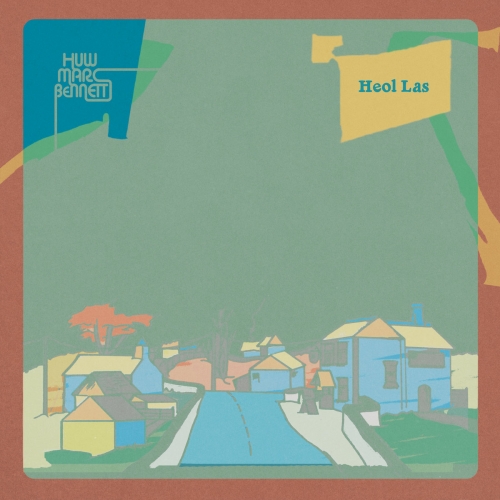
![Rick Braun - Intimate Secrets (1992) [CDRip] Rick Braun - Intimate Secrets (1992) [CDRip]](https://www.dibpic.com/uploads/posts/2026-03/1772427179_5.jpg)
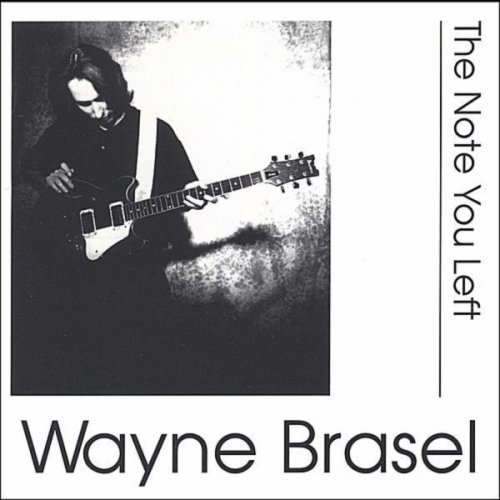
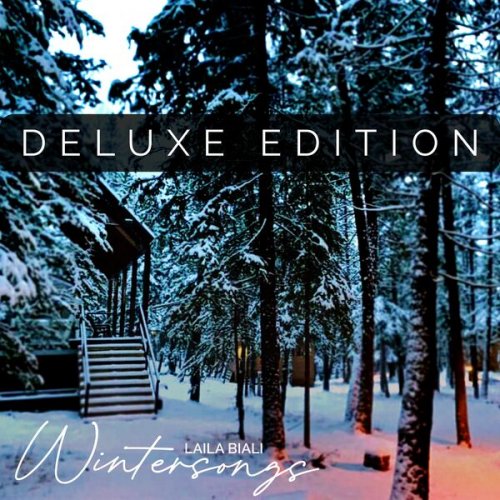

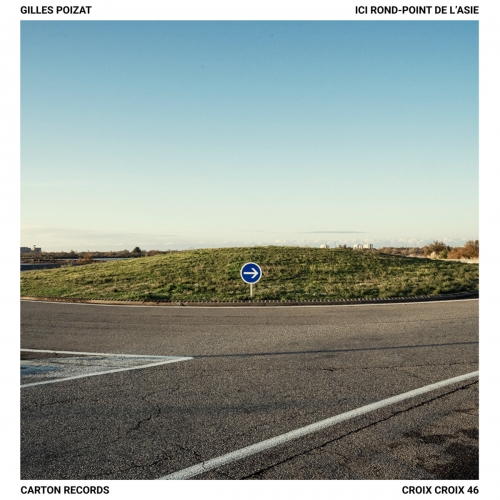
![Rhythm Shaw - Nothing To Lose (2026) [Hi-Res] Rhythm Shaw - Nothing To Lose (2026) [Hi-Res]](https://www.dibpic.com/uploads/posts/2026-03/1772508812_cover.jpg)
